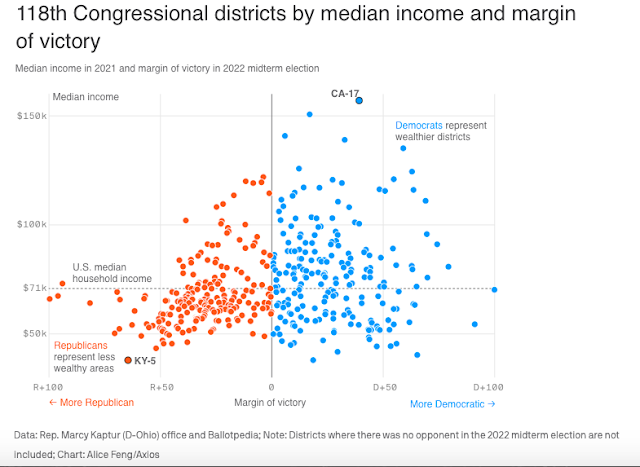In outlawing the use of mifepristone, federal Judge Kacsmaryk used language that raises some serious questions for the anti-choice/anti-abortionists.
Right off the bat he explains in a footnote why he uses the terms "unborn human" or "unborn child" rather than "fetus."
Jurists often use the word “fetus” to inaccurately identify unborn humans in unscientific ways. The word “fetus” refers to a specific gestational stage of development, as opposed to the zygote, blastocyst, or embryo stages … Because other jurists use the terms “unborn human” or “unborn child” interchangeably, and because both terms are inclusive of the multiple gestational stages relevant to the FDA Approval, 2016 Changes, and 2021 Changes, this Court uses “unborn human” or “unborn child” terminology throughout this Order, as appropriate.
In equating an "unborn human" or "unborn child" with a zygote (ie, "both terms are inclusive of the multiple gestational stages") he is suggesting that fertilization is the point at which an egg becomes a human.
Kacsmaryk goes on to write that mifepristone is used to "kill an unborn human."
If you agree with him, then every attempt to terminate a pregnancy at any stage for any reason is murder.
So before the anti-choice/anti-abortionists celebrate the judge's ruling, they'll need to answer a couple of questions:
- If abortion at any stage after fertilization involves killing an unborn human, how can you support a 15-week ban or a 6-week ban?
- If abortion involves killing an unborn human, how can you make exceptions for rape or incest?
- If abortion involves killing an unborn human, wouldn't a woman who knowingly took mifepristone be guilty of murder?
The fact is that these are questions Republicans want to avoid - which is why so many of them
went silent about the issue in the run up to the 2022 midterms.
The unifying position of the anti-choice movement is, as Kacsmaryk suggests, that abortion involves the taking of a human life. But once you get beyond sloganeering about that one, things get a lot more dicey.
A lot of Americans agree with that unifying position, but are more comfortable with the Roe vs. Wade decision that sought to define life as beginning at viability. With the Dobbs decision, Republicans threw that one out the window and are now left with the position embraced by most Christian nationalists (their base) that life begins the moment an egg is fertilized. For that crowd, banning abortions after 6 weeks or 15 weeks still allows for the murder of humans.
With the question of "when life begins" being called into question, so are the issues surrounding exceptions. A lot of Republicans, especially in red state legislatures, are openly embracing the idea that victims of rape and incest must carry their pregnancies to term. This was almost unthinkable only a few years ago. But the Dobbs decision opened up a whole new can of worms that the GOP could previously sweep under the rug.
We haven't gotten to the stage (yet) where anyone is proposing that women who have abortions are guilty of murder. But it is the logical conclusion to the assumptions rooted in Kacsmaryk's ruling.
The dilemma posed by these questions has obviously rattled some Republicans. For example, Jon Schweppe went on a bit of a Twitter rant recently:
The problem is that, as Kacsmaryk's ruling suggests, the majority of the anti-choice crowd DOES believe in full bans with no exceptions. How do Republicans square that circle? They can't. So we need to keep holding their feet to the fire in order to make that clear.



























